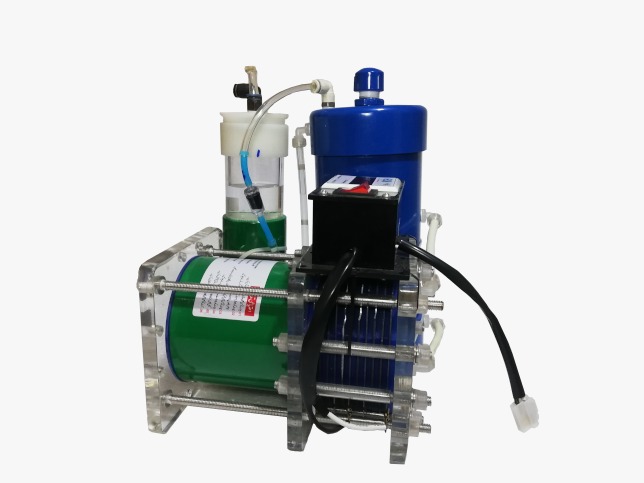ISLAMABAD: Pakistan faced prolonged power cuts in the last decade as the energy crunch impacted industries, businesses and people’s daily life. However, hydrogen kit comes as a potential solution to the energy crisis, said Director General of Hydrocarbon Development Institute of Pakistan (HDIP) Muhammad Sajid while talking to WealthPK.
According to the energy ministry, the current demand for power has surged to 21,500 megawatts against the supply of 17,500MW. As a result, the country faces a shortfall of about 4,000MW.
“Pakistan heavily relies on coal, oil and gas for power generation. However, the use of hydrogen kit can help it overcome dependence on these fossil fuels,” he said.
According to a Finance Division report, the oil import bill increased by 95.9 percent to $17.03 billion during the 10-month (July-April) period of the Fiscal Year 22 compared to $8.69 billion during the corresponding period of the last year (2021).
“The industries operate their production plants by using the fossil fuel which generates harmful gases like carbon dioxide, nitrogen dioxide and sulphur dioxide. However, the use of hydrogen kit helps clean the environment through electrolysis to generate energy,” said Sajid.
A report published by IQAir says Pakistan stands third among the countries with the most polluted air.
“Hydrogen is a flexible energy carrier that can be utilized to generate electricity. Pakistan is situated in a region that receives abundant sunlight and has considerable wind power potential, particularly along the coast. By utilizing these resources, the country can reduce its reliance on fossil fuels for energy production,” Sajid added.
According to another report by the Finance Division, Pakistan can generate estimated 50,000MW of power from wind and 43,000MW from solar power.
“Pakistan has been using more wind and solar energy, but these sources can sometimes be unreliable, making it difficult to keep a stable electricity grid. During such a situation, the stored hydrogen can be used to generate power in order to maintain a stable power supply and overcome dependence on fossil fuels,” said the HDIP director general.
“Pakistan spends approximately $22 billion on the import of fossil fuels for the energy sector, while adopting hydrogen technology can reduce the import bill by 92%,” he said.
“The government can boost the use of hydrogen kit technology by providing incentives, tax credits, grants, and low-interest loans so that foreign investors start investing in the hydrogen industry to enhance the economic growth,” Sajid suggested. –INP





